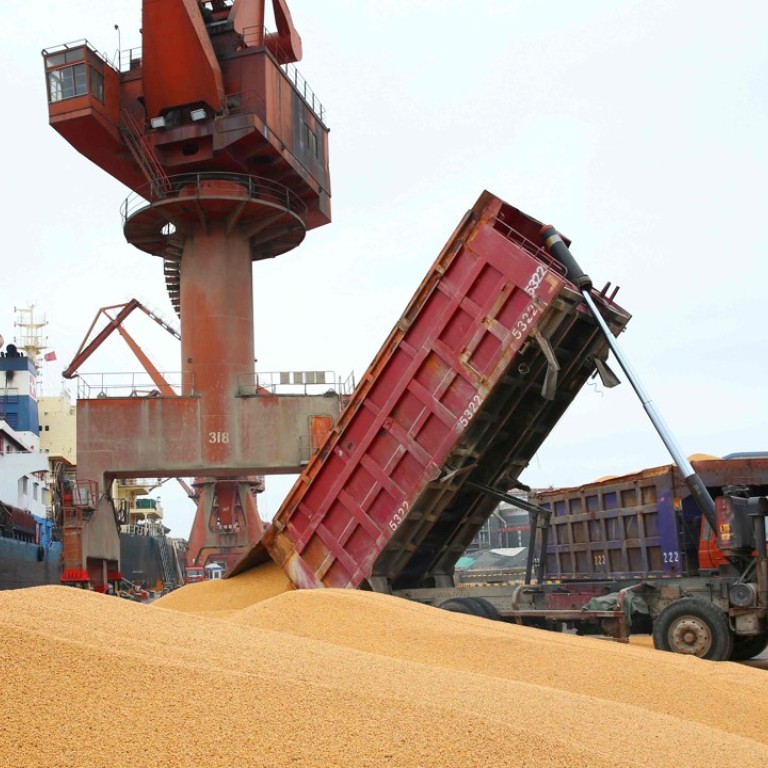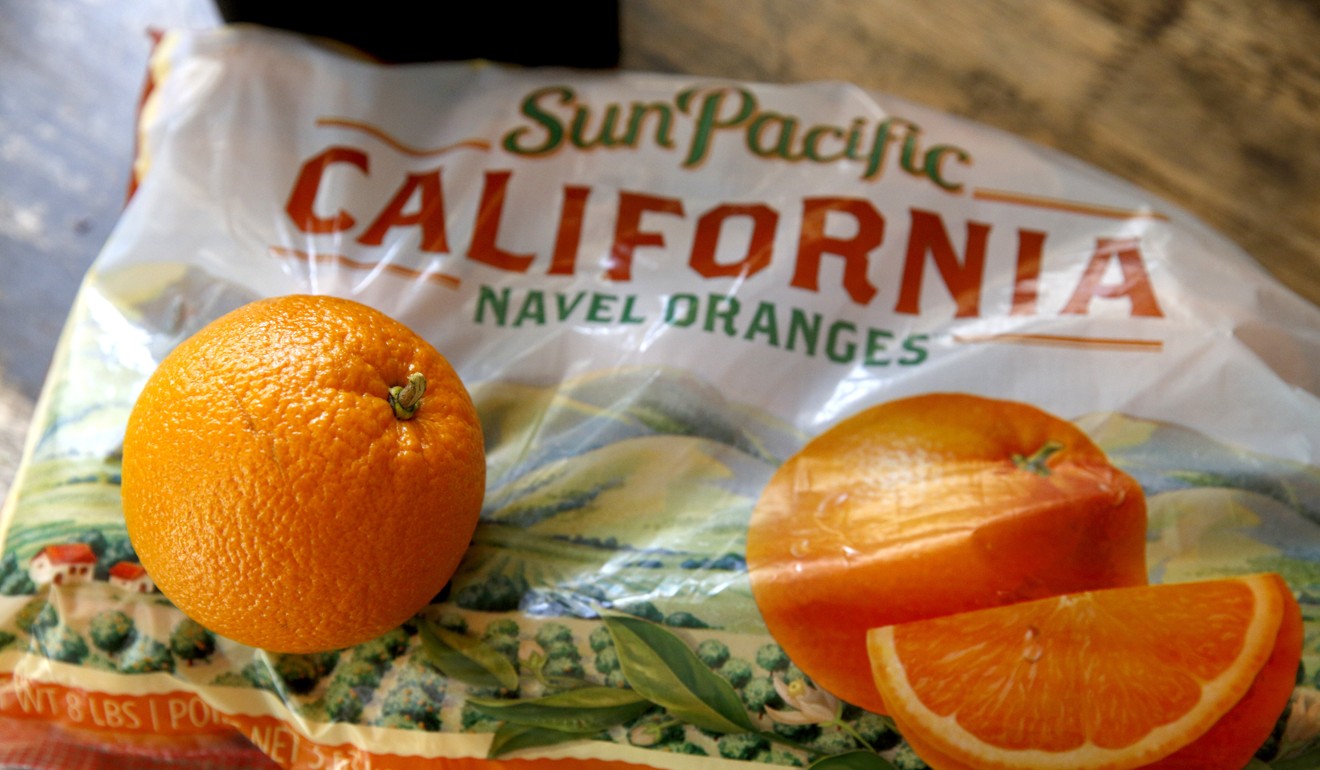
US looks for ways to shield farmers from China trade tensions
Top US agriculture official says many options available but administration must assess market’s reaction to tariffs
The US Department of Agriculture (USDA) is looking for ways to shield farmers from the growing trade conflict between the United States and China, a department official said on Thursday night, without providing details of options under review.
“There’s a lot of different options out there” to protect farmers, USDA Farm Production and Conservation undersecretary Bill Northey said after a commodity conference in Kansas.
Northey was speaking after US President Donald Trump ordered officials to come up with an additional round of tariffs directed at China.
China responded to an initial US salvo by targeting numerous goods, including agricultural staples like soybeans, the most valuable US agricultural export to China.
Northey said the USDA needed to “see the reaction of what tariffs will be and what the reaction of markets are”.
In terms of how the Trump administration could shield farmers, Northey said there were no specific proposals yet, but “there certainly are discussions”.

The tariffs on soybeans have grabbed much of the attention because they are the US’s biggest single export to China, and will affect a number of rural states that heavily backed Trump in the 2016 presidential election.
But many of the other measures will also hit farmers in Republican strongholds.
The impact of a 15 per cent duty on ginseng, which was announced before the latest round of tariffs and came into effect on Monday, will be felt particularly acutely in Wisconsin, which accounts for 85 per cent of US exports of the crop to China.
The state, home to US House of Representatives Speaker Paul Ryan, exports most of its ginseng to China. The majority is grown in the state’s Marathon County, where Trump beat his Democratic opponent Hillary Clinton by 47 percentage points in 2016.
A commentary published on the social media account of Chinese Communist Party mouthpiece People’s Daily said the 160 US products hit by tariffs had been carefully selected.
“China chose to precisely target these states’ exports in the belief that domestic pressure in the US will quickly build on Trump,” the commentary said.

